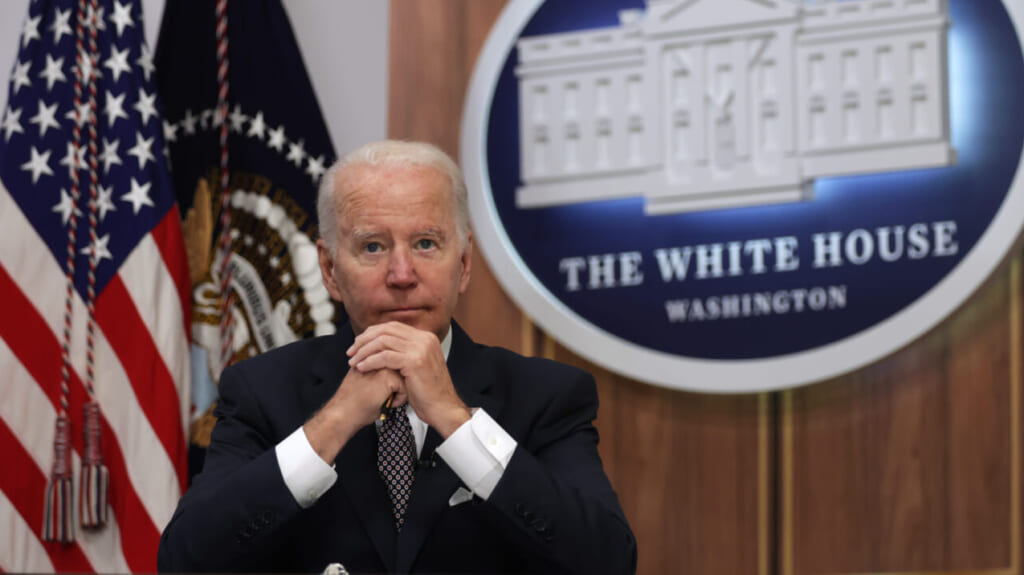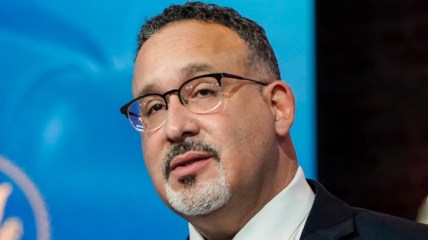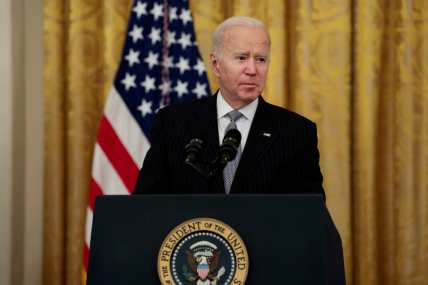Most Americans worry student debt forgiveness could impact inflation, poll finds
The poll comes ahead of Biden's expected announcement this week about whether to extend the pause on federal student loan repayments.
Most Americans are concerned that student loan forgiveness will worsen inflation, according to a new CNBC survey.
The online survey was conducted from Aug. 4 to Aug. 15 by Momentive which polled a national sample of 5,142 American adults. According to the results, 59% of the respondents noted concern that student loan forgiveness would affect the nation’s high inflation.
The poll also found that 34% of Americans support loan forgiveness for borrowers “in need” while 32% said all borrowers should have their student loans forgiven and 30% said no one should have their debt forgiven.
In the survey, Americans in most demographic groups supported student loan forgiveness, but their views differed based on factors such as age and party affiliation.
Per the survey, “81% of Republicans say student loan forgiveness will make inflation worse, nearly double the number of Democrats who say the same (41%).”

The poll comes ahead of Biden’s expected announcement this week about whether to extend the pause on federal student loan payments. It is estimated that 45 million Americans owe more than $1.7 trillion on their federal student loans, according to Forbes. The moratorium on repayments is set to end Aug. 31.
Borrowers hope that the education department will extend the current repayment break and forgive up to $10,000 in student loans.
TheGrio previously reported that a recent study conducted by the Education Trust found that student debt disproportionately impacts Black borrowers financially and mentally.
Victoria Jackson, the author and lead researcher of the “National Black Student Debt Study,” told theGrio’s Ashlee Banks that one of the factors that add to Black borrowers’ financial hardship is the racial wealth gap.
“The racial wealth gap is reflective of the accumulated effects of slavery, Jim Crow, redlining, discrimination in lending and discrimination in employment, which leaves Black borrowers with significantly less wealth to be able to do things like afford to go to college in the first place, but also then the ability to repay their loans,” she said.
During President Biden’s term, the Department of Education reportedly has approved nearly $32 billion in loan relief so far and is working on new regulations to permanently improve some student loan forgiveness programs that are already in place, CNBC reports.
TheGrio is FREE on your TV via Apple TV, Amazon Fire, Roku, and Android TV. Please download theGrio mobile apps today!
More About:Education











